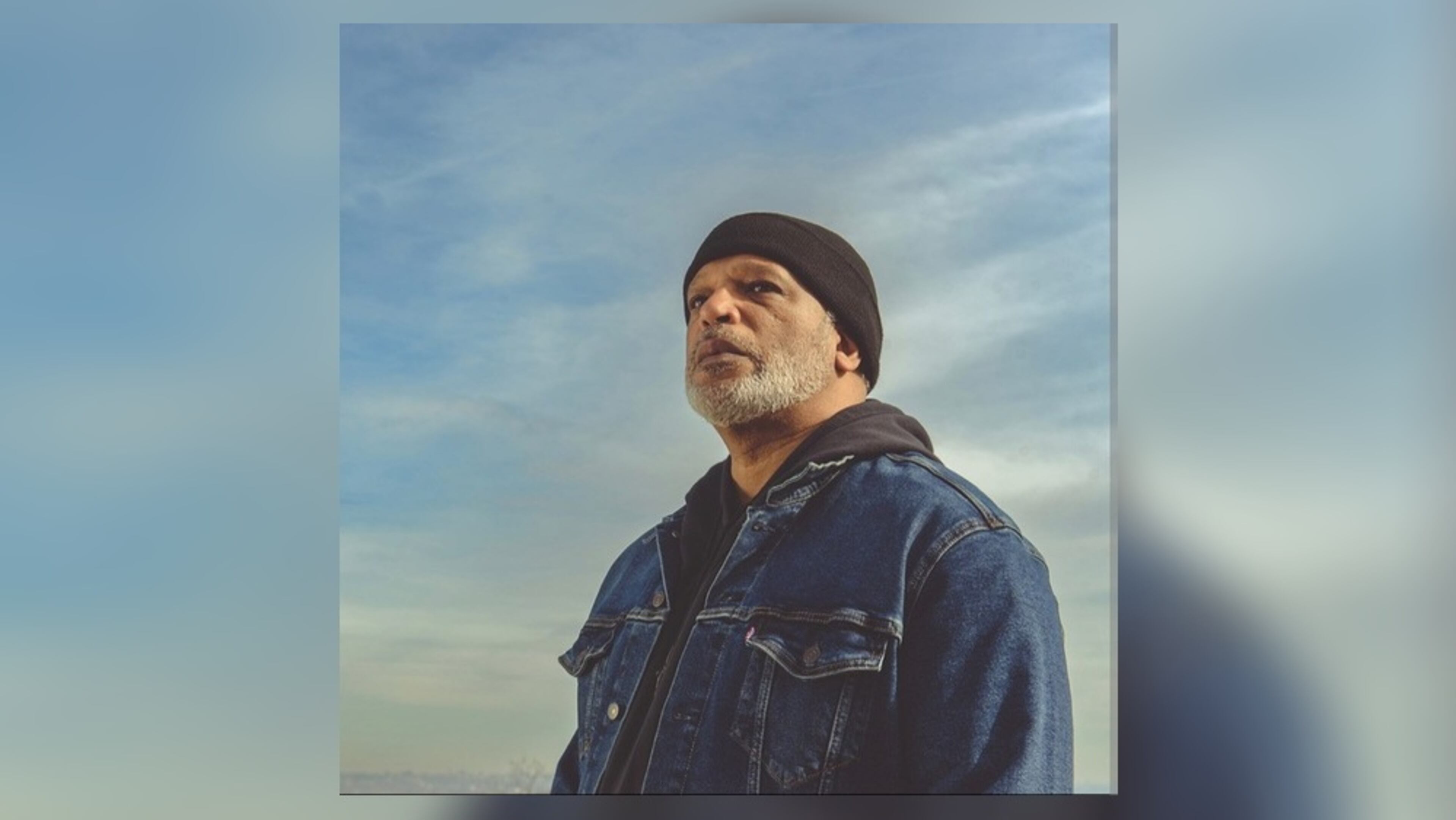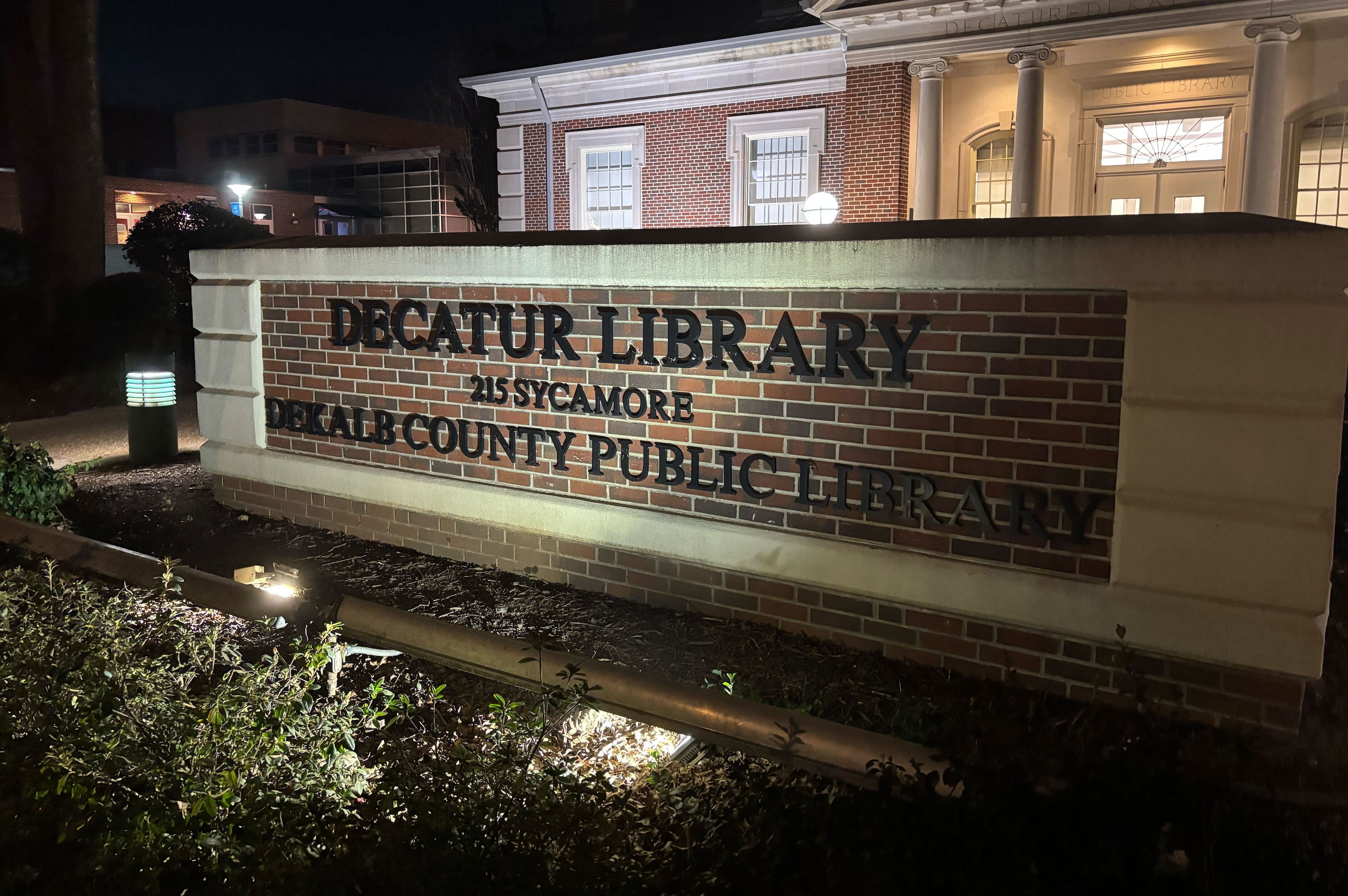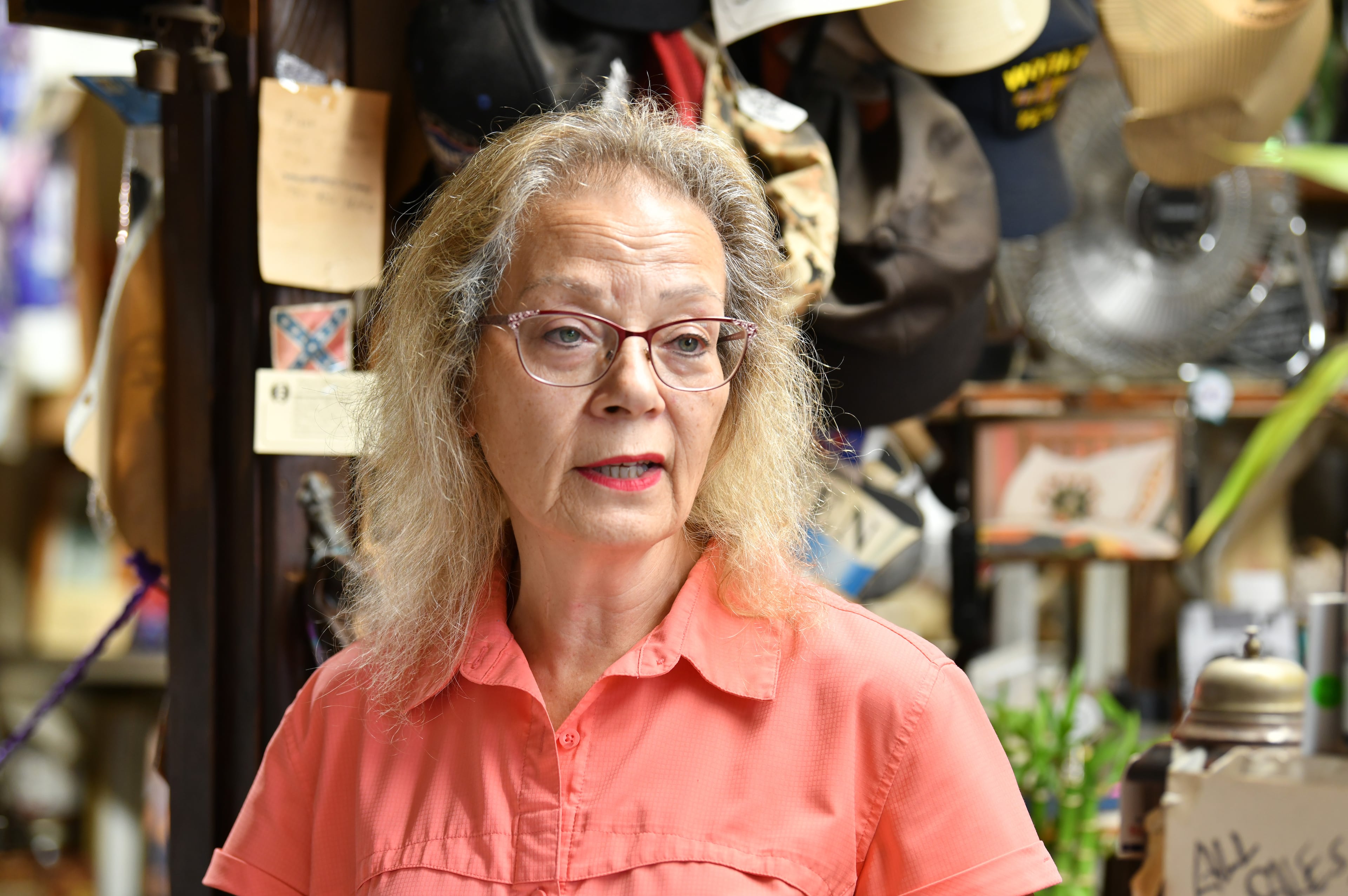One-man show glances into the complex personal life of long-haul truckers

Long-haul truckers often carry a tapestry of untold stories shaped by the adventure of traveling the U.S. highways, playwright David Proctor said, adding that the nomadic lifestyle has an impact on family back home.
The retired trucker provides a glimpse of a trucker’s world with his one-man show, “Grabbing the Hammer Lane: A Trucker Narrative.”
He kicks off the Roswell Roots Festival with a performance of the play at Roswell Cultural Arts Center on Sunday at 4 p.m., followed by a Q&A with the audience. Tickets are $18-$20.
Roswell holds the monthlong festival annually in honor of Black History Month.
Proctor is a resident of New Jersey and worked as a trucker for nearly 30 years before retiring in 2022. He was one of more than 3.5 million truckers nationwide and documented many drivers’ stories during stops along the road, he said.

“Hammer Lane” in trucking lingo refers to the fastest lane on the road, usually the left passing lane.
“Metaphorically, it means to release yourself from the things that are holding you back,” the playwright said. “My interest with creating these trucker narratives was to bring stories to light in a fictional way. The story of the play in some portions reflect my personal experiences.”
During Proctor’s downtime from trucking, he would seek out theater productions to perform in or train, he said.
In his one-man show, the playwright portrays two characters: a father and “prodigal” son, who do not speak to each other for years. While Proctor transitions between characters and scenes, the stage turns to dark light and CB chatter depicting stories he heard on the road.
Proctor, 59, says that at times trucking was very isolating and his love of the road came at a cost to his personal life.
“What kept me out there? I got so used to the adventure and seeing new places all over the U.S. and the lower provinces of Canada. When you get to the point where you no longer need a GPS to get from Sacramento to Tampa, it’s no longer an adventure. It’s just a job.”
He retired after both of his parents passed away during the pandemic.
‘It is a good living, It’s a steady paycheck,” Proctor said of trucking. “While you’re out there, you have to know the difference between being alone and being lonely.”
Proctor and his wife Karen married for the second time three years ago after being divorced for 27 years, he said.
He said he became motivated to retire when Karen asked a question that persisted in his mind: “Do you want trucking to be your legacy or is there something more that you want to leave behind.”
Proctor said he realized he had a collection of truckers’ stories in his journals and a long burning passion for theater.
“I said: ‘Let’s take this story to the stage.’”
Proctor performed “Grabbing the Hammer Lane, A Trucker Narrative” at the Orlando Fringe Festival in Florida last spring, and returned to the city for a performance, earlier in January. The playwright also reports that he’s been invited to perform at the United Solo Festival in New York in April.



